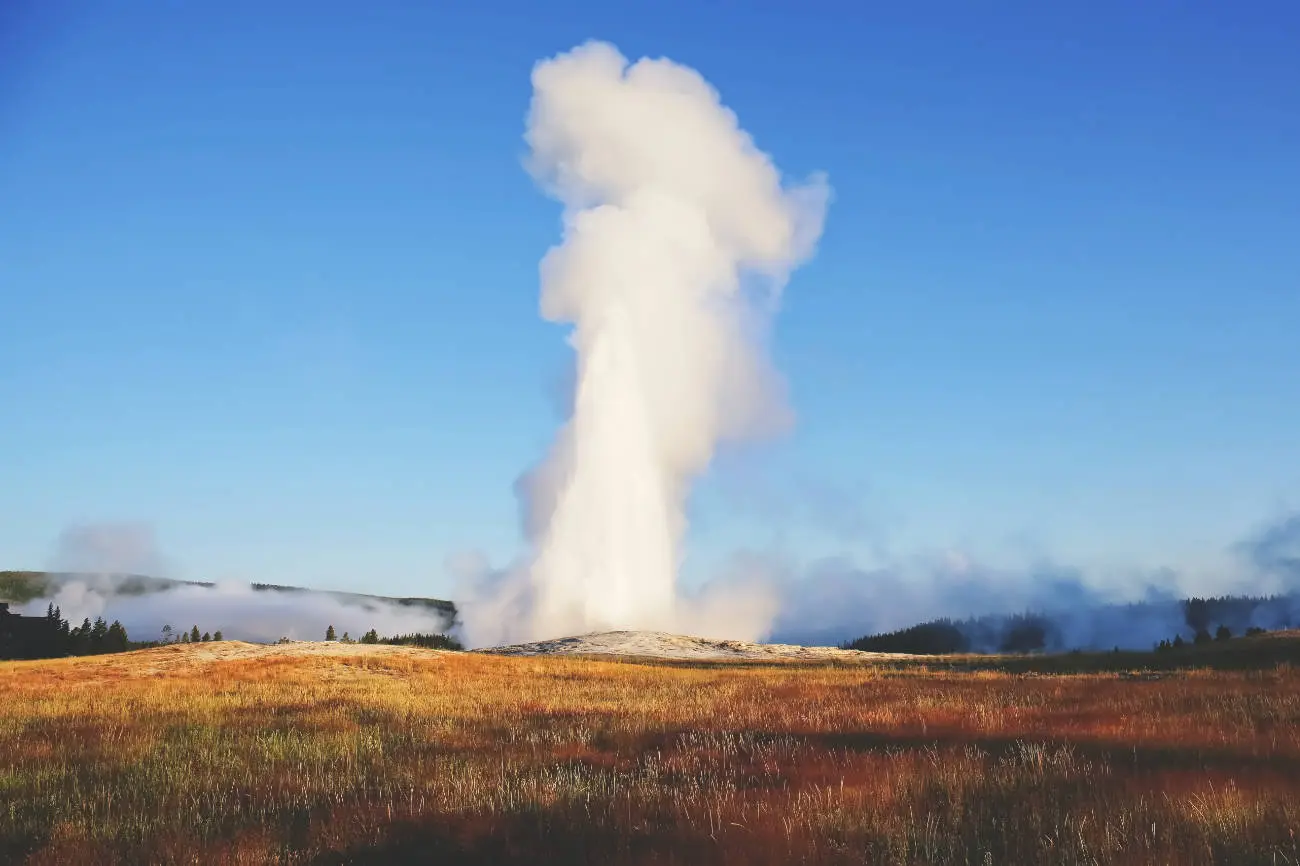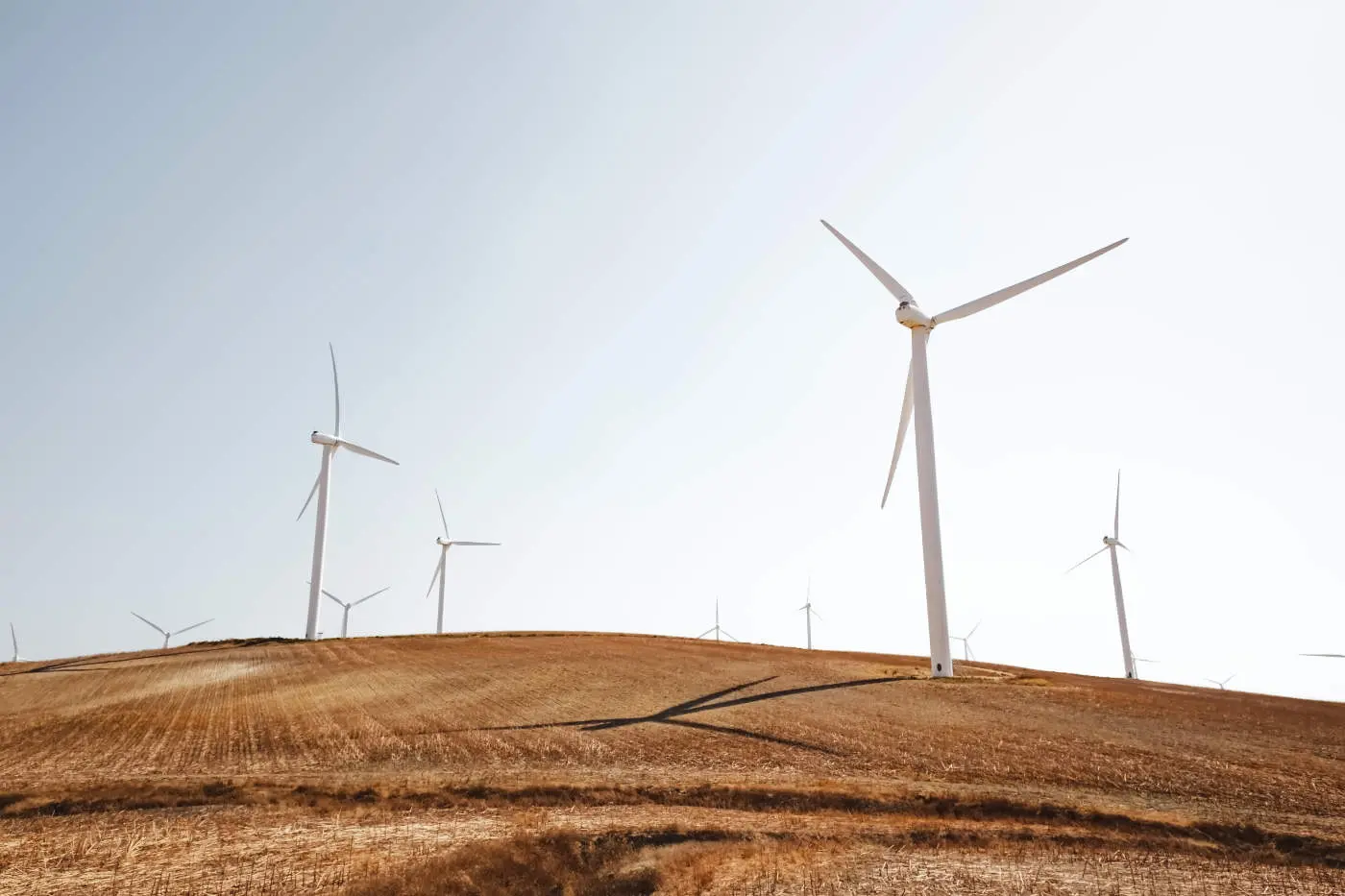Exploring the First Geothermal Power Plant
Learn about the history and significance of the first geothermal power plant ever built, and how it paved the way for renewable energy sources today.
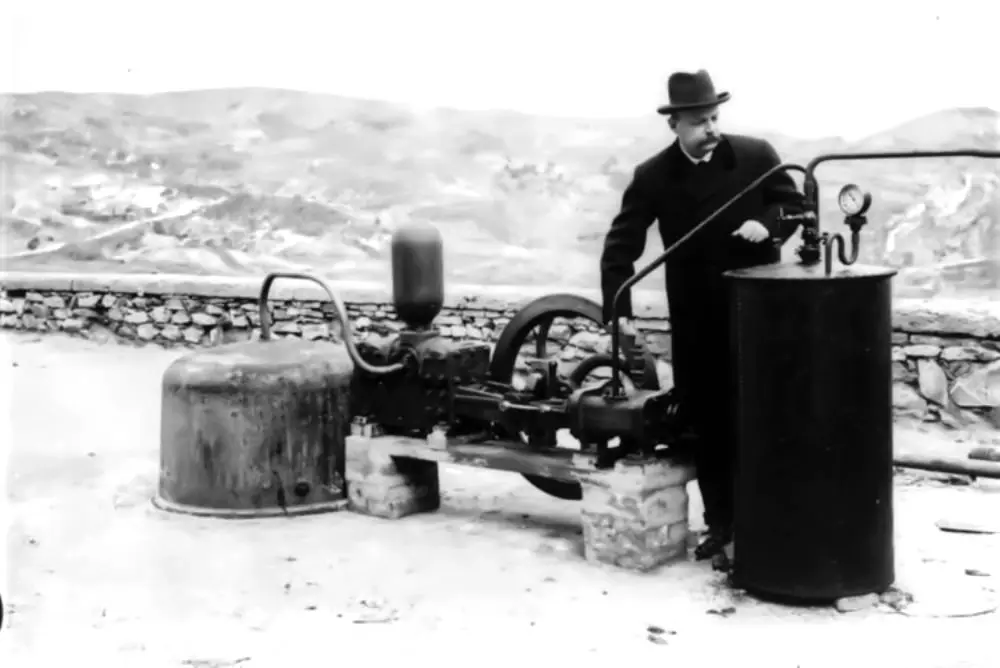
In the quest for clean and renewable energy sources, geothermal energy stands out as a potent and consistent means to power our world. Among its many milestones, the establishment of the first geothermal power plant marks a significant achievement in harnessing the Earth's natural thermal energy.
This pioneering facility demonstrated the feasibility of geothermal power and set the stage for the growth of an industry that could play a critical role in our sustainable energy future.
This post will delve into the world's first geothermal power plant's history, workings, impact, and legacy.
The Birth of Geothermal Power: Larderello, Italy
Larderello, Italy, is the cradle of geothermal energy, where the concept of generating electricity from the Earth's heat was transformed into reality.
The inception of the world's first geothermal power plant in this area can be traced back to the innovative experiments conducted by Prince Piero Ginori Conti in 1904. Demonstrating a groundbreaking use of geothermal steam, Conti managed to illuminate four light bulbs, proving the potential of geothermal energy for practical applications.
This initial success laid the foundation for a more ambitious project that would materialize into a full-scale geothermal power station. By 1911, the Larderello facility began supplying electric power to the surrounding regions, showcasing the practicality and reliability of geothermal energy as a sustainable power source.
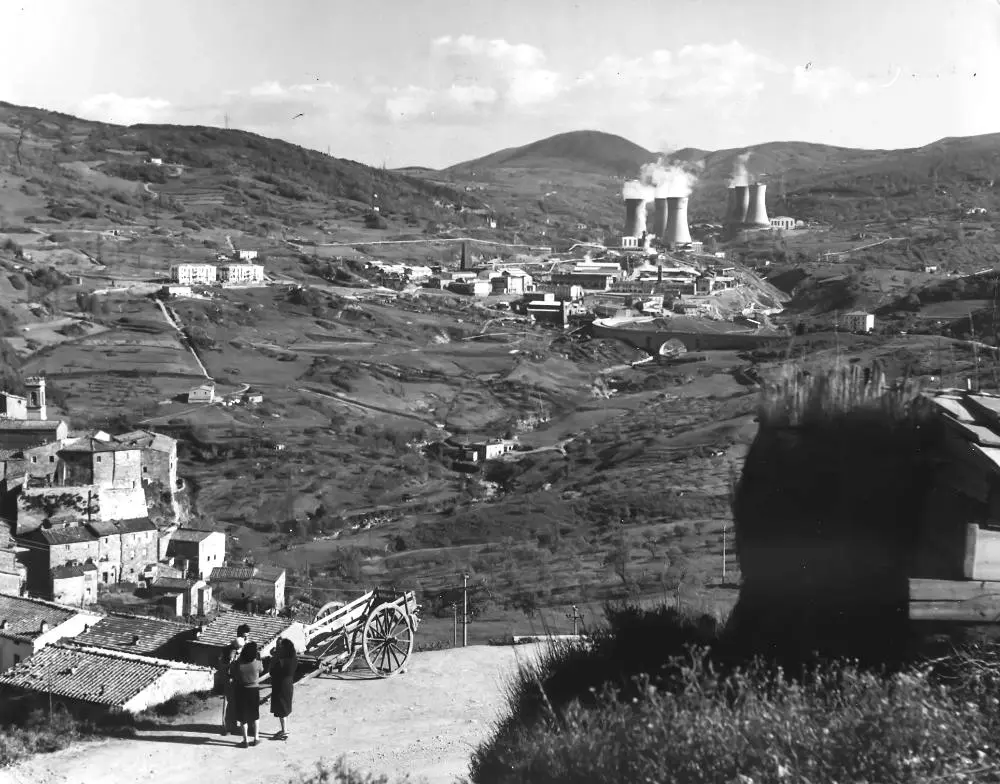
This early achievement in Larderello marked a turning point in the use of geothermal resources and positioned Italy as a leader in the burgeoning field of renewable energy. The development and operation of this pioneering power plant underscored the vast potential of geothermal energy, setting a precedent for future endeavors in clean and renewable power generation across the globe.
How the First Geothermal Power Plant Worked
Considering the time period, the initial operation of the world’s first geothermal power plant was a marvel of engineering, tapping into the Earth's geothermal energy in a way that had never been done before.
Situated in Larderello, Italy, this facility leveraged the naturally occurring steam beneath the Earth's surface. Through a network of drilled wells, steam was captured from shallow geothermal reservoirs, where temperatures were high enough to convert water into steam.
Once brought to the surface, this steam was used to power turbines and generators. The kinetic energy from the turbines was converted into electrical energy, effectively harnessing the Earth’s internal heat for practical use. This pioneering system set a revolutionary precedent, proving that it was possible to generate electricity without relying on the combustion of fossil fuels.
It showcased a sustainable and reliable energy production method, using the endless thermal energy stored within the Earth. This method of power generation, with its direct use of geothermal steam to drive electricity-producing turbines, remains a fundamental principle in the design and operation of geothermal power plants around the world today.
The Impact and Expansion of Geothermal Energy
Following the groundbreaking achievements at Larderello, the perception of geothermal energy underwent a transformative shift.
Its success underscored the practicality of tapping into the Earth's thermal energy on a significant scale, sparking a surge in global interest and investment. As a result, the mid-20th century saw new geothermal power plants established in diverse locales such as the United States, Turkey, and New Zealand, each drawing upon the foundational knowledge gleaned from Italy's pioneering efforts.
These new ventures into geothermal power further diversified the global energy portfolio, reinforcing the viability of renewable resources in meeting the world's increasing electricity demands. Moreover, the expansion of geothermal energy utilization in modern times underscored a collective move towards reducing reliance on fossil fuels, highlighting a global commitment to sustainable development.
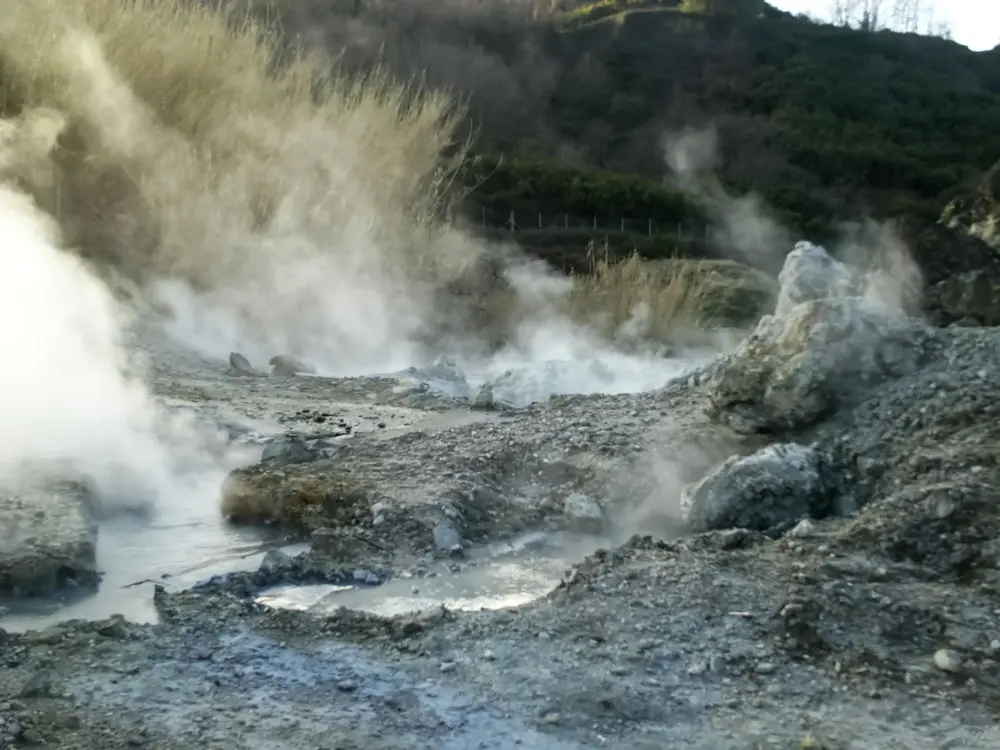
As countries around the world began to explore their geothermal potential, the industry benefited from enhanced technologies and methodologies, leading to improved efficiency and environmental performance of geothermal power plants. This period of growth and learning illustrated the adaptable and scalable nature of geothermal energy, confirming its position as a viable part of the renewable energy landscape.
Challenges and Innovations in Early Geothermal Power
Navigating the uncharted waters of geothermal energy extraction and utilization, the pioneers behind the first geothermal power plant encountered several technical hurdles.
Among these were the corrosive properties of the geothermal steam, which posed a significant threat to the longevity and efficiency of the plant's infrastructure. The steam, rich in minerals and salts, had the propensity to degrade pipes and machinery, leading to frequent maintenance issues and operational disruptions.
Additionally, scaling— the accumulation of mineral deposits inside pipes— presented another challenge, impeding the flow of steam and reducing the system's overall efficiency.
A wave of innovation swept through the early geothermal power generation efforts in response to these obstacles. Engineers and scientists worked on solutions, developing advanced materials and technologies tailored to withstand the harsh conditions inherent in geothermal steam extraction and utilization. Innovations included corrosion-resistant alloys and improved scaling management techniques, which significantly enhanced geothermal power plants' operational lifespan and efficiency.
These advancements overcame the initial challenges and laid the groundwork for future innovations in the field, propelling the geothermal energy industry forward into new realms of possibility and efficiency.
Larderello's Legacy and the Future of Geothermal Energy
In the years following its opening, it experienced numerous expansions and technological advancements, evolving to meet the modern demands of energy production while maintaining its commitment to environmental stewardship.
This pioneering plant paved the way for the global adoption of geothermal technology and served as a laboratory where new techniques and innovations could be developed and tested. The advancements made in Larderello have led to more efficient and environmentally friendly geothermal operations worldwide, showcasing the adaptability and potential of geothermal energy systems.
Looking forward, the future of geothermal energy appears promising, fueled by technological breakthroughs and a growing emphasis on renewable resources.
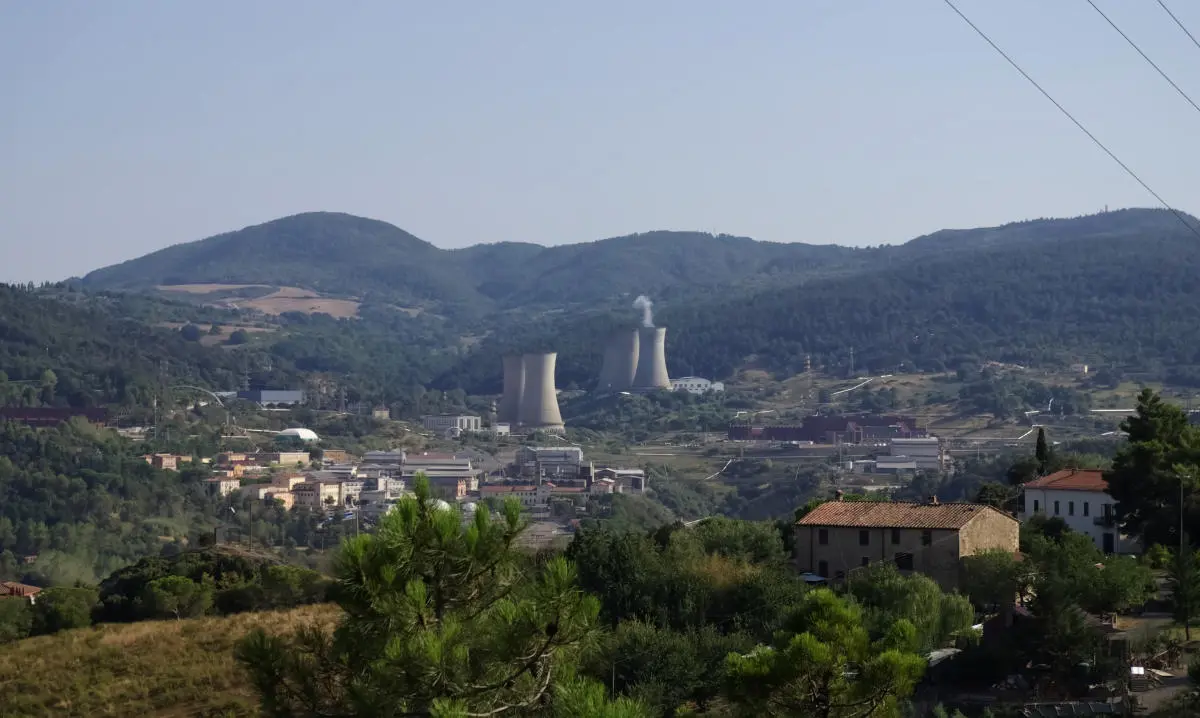
Enhanced geothermal systems (EGS) and other cutting-edge technologies promise to unlock even greater geothermal potential, tapping into the Earth's heat from deeper sources and in more locations than ever. This evolution signals a bright future for geothermal energy, positioning it as a key player in the transition to a more sustainable and resilient energy landscape.
Larderello continues to inspire, and its legacy remains a guide for the continued exploration and expansion of geothermal energy. The area around Larderello continues to be a testament to the enduring power of geothermal energy today.
Conclusion
The establishment of the initial geothermal power station in Larderello marked a transformative moment in renewable energy history, illustrating the untapped potential of the Earth's geothermal resources for sustainable electricity production.
This pioneering project not only set a precedent for future geothermal endeavors but also became a beacon of innovation, influencing subsequent advancements in the field.
Today, as we navigate the challenges of climate change and the imperative for clean energy solutions, the insights and breakthroughs from Larderello's early days continue to guide and inspire the development of geothermal technology worldwide.
The legacy of the world's first geothermal power plant endures, symbolizing the enduring promise of geothermal energy as part of a diversified, sustainable energy mix.
Also read:
